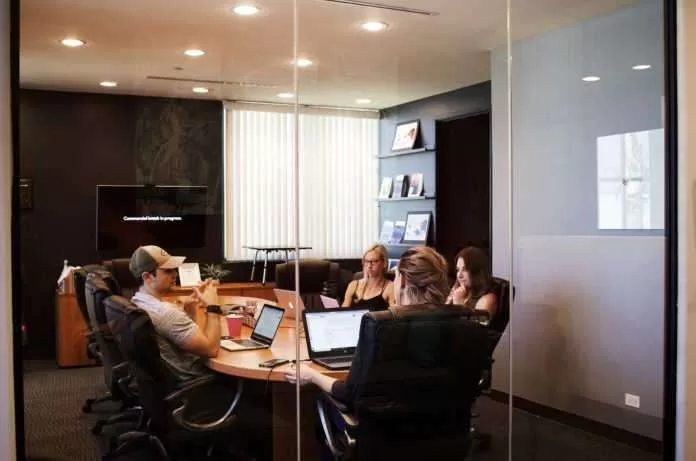Everybody’s’ Hustling – how did the Four Day Week impact the South African Side Hustle?
Hellen Kadandara is an MBA student at Stellenbosch Business School and works in the pharmaceutical industry. For the South African results released visit https://www.4dayweek.com/sa-2023-pilot-results
One of the distinctive aspects of South Africa employment scene is the side hustle. For many it is an important source of income. But it is also identity as jobs with companies are complemented with embryonic entrepreneurial activities. This is a characteristic of Generation-Z employee who sees their work for a company as just one part of their professional lives. With all this in mind, what was the impact of the four day week (4DWW) on the great South African side hustle?

At the outset of the Four Day week trial, the researchers at Stellenbosch Business School wondered whether the proliferation of the hustle in South Africa would be a key dimension to the study. On the one hand, individuals may be able to dedicate more time to their side hustles which could flourish into successful companies, employing employees themselves, growing and contributing to the South African economy.
On the other hand, more time to dedicate to side hustles for those with work may take away the notion of increased leisure and also crowd out those individuals for whom self-employment is the sole activity, creating unintended consequences. Equally some employers may be concerned about their employees developing competing activities or not getting sufficient rest.
What the researchers found was there was not a large increase of side hustles but there was, perhaps surprisingly, quite a lot of support for employees that did want to spend time on an additional professional activity. During the period of reduced working hours, some employees utilised their free time to pursue side hustles that were not directly related to their main job responsibilities. There were instances where employees engaged in side hustles linked to poultry, makeup and clothing – all unrelated to their day job.
The side-hustle culture could increase with employees having more time for self-development and exploring their alternative income streams, which can potentially spur entrepreneurship. We were surprised to find positive support for this, for example one manager said “one or two have some entrepreneur spirits in them, so I hope they will be spending that time pushing their side hustles”.
While there were managers that did not promote side hustles or moonlighting, they attributed their stance to fear of losing their staff to the competition. Some expressed reluctance towards their staff engaging in side hustles related to their professions, fearing poaching by other companies or employees going their own way.
In the creative industry, it is not uncommon for employees to dedicate additional hours to their side hustles, which are essentially new business ventures. These endeavours often serve as a source of passion and fulfilment for individuals and can even lead to significant career opportunities.
Some managers, actively encourage, and cultivate an environment that fostered the development of fresh ideas which they can potentially invest in. By nurturing a culture of innovation and entrepreneurship, these managers empowered their team members to explore new avenues of growth while simultaneously contributing to the success of the organisation.
One of the managers, who had a progressive approach, actively encouraged their team of creatives to pursue their side hustles and passion projects outside of work hours believing that pursuing outside interests not only helped their employees retain their creative spark but also positively impacted their overall performance and well-being. The manager said “we encouraged the team to pursue a side hustle and to use the day for freelance work. They will make more money, be happier, and learn new skills.”
In some cases, the owners themselves started new business ventures during the trial because they had more time thanks to better delegation, improved productivity among their employees and stepping back from day-to-day operations. For an experienced entrepreneur the additional free time was an opportunity to develop a new venture.
Overall, the research revealed that managers felt providing employees with extra time off in the form of a four-day workweek can lead to increased creativity, improvement of skills, and opportunities for learning and upskilling. While some were reluctant, they were a minority. Equally for those with side hustles in different sectors, the four day week allowed a type of work life balance to support the business on the side. Perhaps surprisingly we found that these types of activities were perceived as ultimately benefiting the companies whilst stimulating entrepreneurship and possibly, in the future, creating much-needed jobs in South Africa.





























